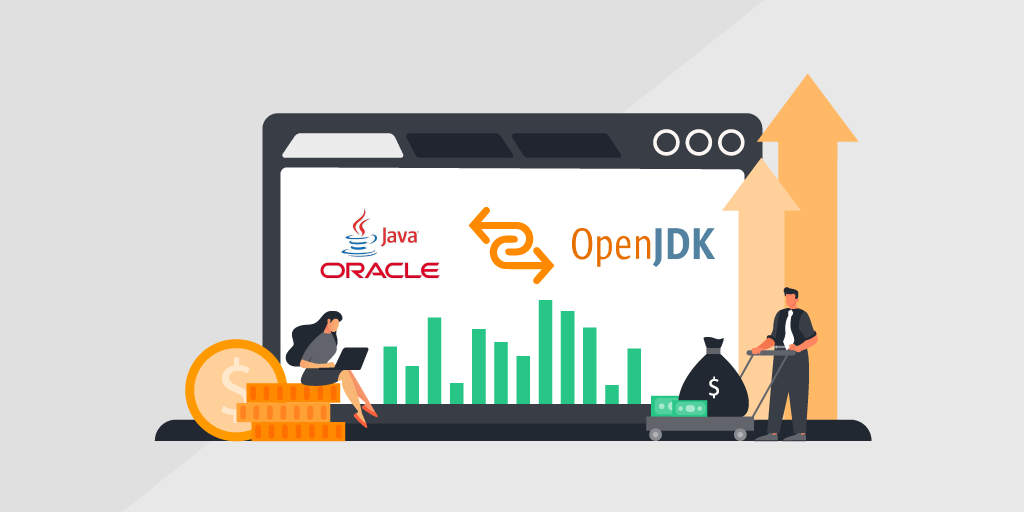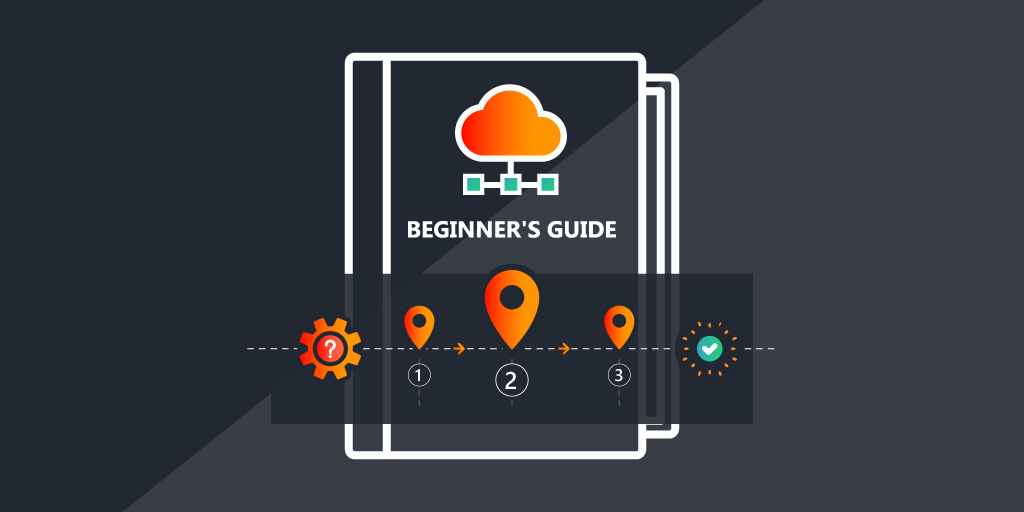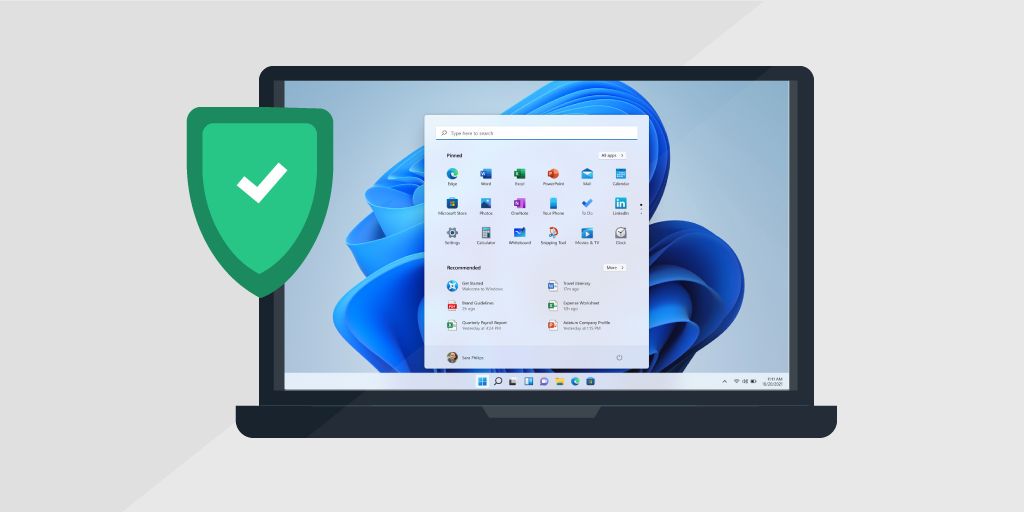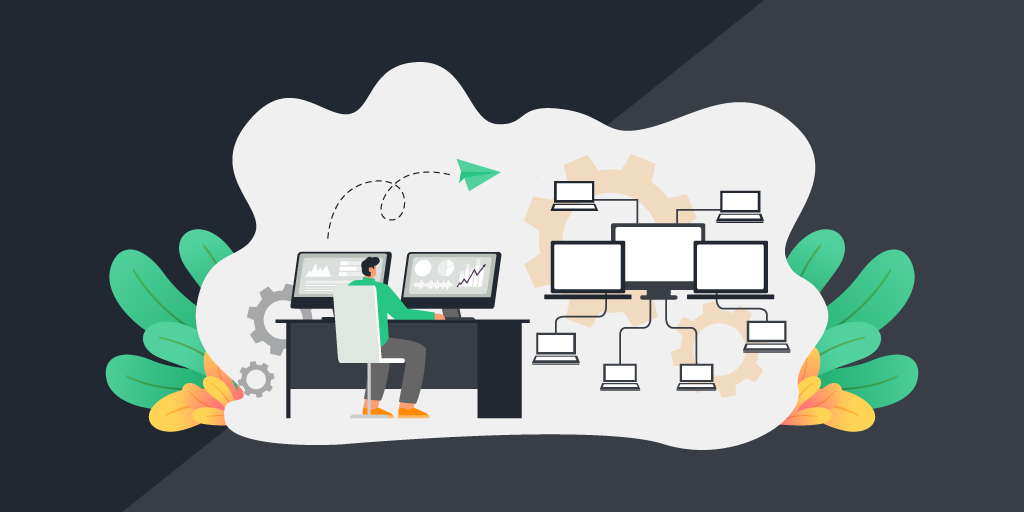
⚡ TL;DR | Go Straight to the Oracle JDK Report
On January 23rd, Oracle shocked its users and partners by announcing their new pricing model for the Java standard edition (SE) license. The new Oracle Java SE Universal Subscription pricing is based on the customer’s total employee count. It starts at $15 per employee per month, marking a substantial price increase from their previous pricing model.
Java SE Universal Subscription
Java SE is a Java platform that provides a foundation to develop and deploy Java applications on desktops and servers. Oracle’s new Java SE Universal Subscription replaces the now legacy Java SE Subscription and Java SE Desktop Subscription. If you already own either of these subscriptions, you still receive all the original benefits. You can also still renew your subscription under the existing terms and metrics.
The Java SE Universal Subscription sets itself apart from its predecessors by allowing use across desktop, servers, and third-party clouds. It also offers customers triage support for their entire Java portfolio, including third-party libraries and runtimes.
Oracle JDK Price Explosion
Pricing for Oracle’s Java SE Universal Subscription starts at $15 per employee per month for customers with less than 1000 employees. The pricing goes down as the employee count goes up. You can find the full breakdown on Oracle’s price list. The number of employees includes not just those who use Java, but all employees, be they full-time, part-time, or temporary as well as contractors and consultants. The old licensing charged $2.50 a month per desktop user and $25 for each Java SE processor. For some users, the new pricing amounts to an explosive price increase.
In a blog covering the price change, House of Brick, a Nebraska-based company providing technical and licensing services to Oracle clients, calculated the price change for 2 example scenarios. A medium-sized business with 250 employees, 20 Java desktop users, and 8 Java Installed Processors would see their price go from $3000 per year to $45,000 per year. This is an increase of 1400%. To CRN, Jeff Stonacek, principal architect at House of Brick, called the change “an obvious overstep”.
“Having to license your entire employee count is not reasonable because you could have 10,000 employees, maybe only 500 of them need Java, and maybe you only have a couple of servers for a couple of applications. But if you have to license for your entire employee count, that just doesn’t make sense.”
Jeff Stonacek, principal architect at House of Brick Technologies
What about OpenJDK?
Oracle’s announcement has many current and potential Java SE users turning their gaze toward OpenJDK. This open-source implementation of Java SE is accessible to anyone and, most importantly, completely free. There is also no real technical difference between the two, as the build process for Oracle JDK is based on that of OpenJDK. Of course, the open source option does not come with the long-term support and tools offered by Oracle’s subscription model, nor the direct access to regular performance, stability, and security updates.
In the end, it is up to every user to decide for themselves which offer is most advantageous and whether they want to do the migration. If you are looking to adopt OpenJDK, a simple Google search yields a number of OpenJDK download and migration guides to choose from. Some examples include this guide by Red Hat, this one by JSCAPE for Windows, and the guide that Redpill Linpro created in 2020 after Oracle ended free-of-charge updates for their Java Development Kit.
Start Your Oracle JDK Migration
The first step in migrating to OpenJDK will be to locate all Oracle JDK instances in your network. Our technical team has created a report to help you locate those installed on Windows or Linux. This way you have an actionable list of all installations that will still need to be switched over to OpenJDK.


